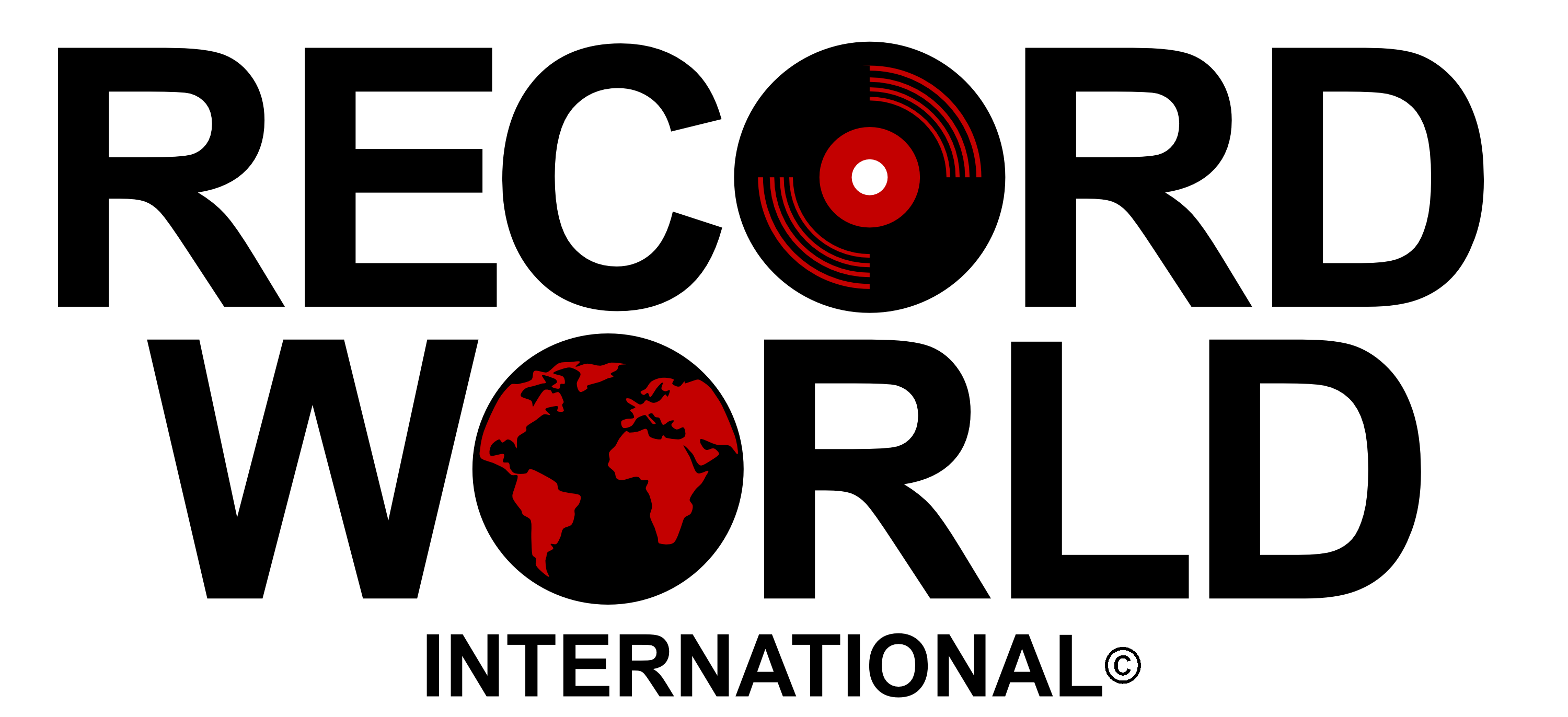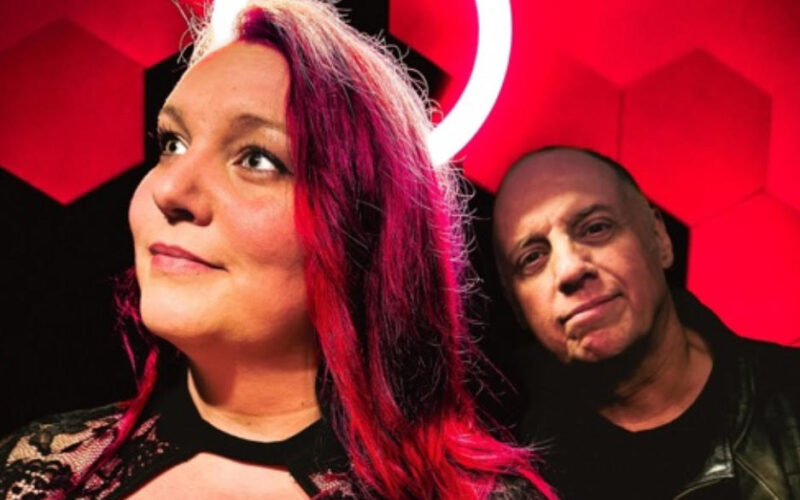Progressive rock has always been a genre of confrontation—between complexity and accessibility, structure and abandon, intellect and raw feeling. With their searing new single ‘FREE,’ out now, guitarist-producer Martin Larose and vocalist-lyricist Anaïs Vanessa deliver a protest song that feels both timely and timeless. “If you think you’re free think twice / Freedom’s more than rolling dice,” Vanessa warns at the outset, setting the tone for a track that interrogates the hollowness of liberty in an age of manipulation and deceit.
Larose is no stranger to reinvention. Born in Saguenay–Lac-Saint-Jean, Quebec, he first studied classical guitar and double bass at the Chicoutimi Conservatory before becoming known for a style that blends tapping techniques, atmospheric ambience, and progressive virtuosity. Recognized by Guitar World in the early ’90s and a fixture at the International Guitar Show in Quebec, Larose established himself as a guitarist equally adept at acoustic pyrotechnics and electric ferocity. His career includes collaborations with Richard d’Anjou, Matt Starr, Fred St-Gelais, and even Loren Gold on a pandemic-era cover of The Who’s “Let’s See Action.”
By contrast, Anaïs Vanessa’s path is rooted in lyrical intimacy. The daughter of a chansonnier, she grew up in Saguenay and began performing in bars as a teenager, often scribbling lyrics in notebooks before she ever considered herself a songwriter. Her melancholic pop-rock-folk is charged with emotion, shaped by her work in education and as a counselor at a drug addiction treatment center. At 31, she made a bold leap into professional music, studying at the École nationale de la chanson and debuting her original songs at the Festival de la Chanson de Saint-Ambroise.
“FREE” is where these two trajectories converge. Written by Vanessa and composed by Larose, the track unfurls as a dialogue between guitar-driven urgency and lyric-driven conviction. “When one’s control becomes our chain / What’s left for us but silent pain?” Vanessa sings, embodying the existential anguish of communities whose voices are suppressed. The refrain insists: “Free / But we’re tied to strings / Free / You’re manipulating,” collapsing the word’s promise under the weight of betrayal.
Listen on Spotify here: https://open.spotify.com/track/6gppWBYMRCf8uAmPoVtv5B?si=6b93a726b2fe4032&nd=1&dlsi=c55e9ee0e75f4ec4
The production of “FREE” carries the meticulous layering Larose has refined at his state-of-the-art Le Studio Septentrio. He cites Yes bassist Chris Squire as an influence, noting how basslines shadowed his thought process during composition. The track weaves dense guitar textures, bass counterpoint, and pop-leaning hooks, creating what Larose calls a “multi-layered” piece full of “Easter eggs” for attentive listeners. For all its technical detail, the song insists on urgency—its polished veneer only sharpens its protest.
Thematically, “FREE” is uncompromising. It addresses global injustice without geographic or temporal boundaries: “In the middle of darkness / Lost in emptiness / Under bombs and fire / The dire, the better,” Vanessa sings. It is at once a personal cry and a generational indictment. For Larose, a Gen-X veteran, collaborating with a younger artist allowed him to filter decades of experience through Vanessa’s incisive perspective: “I’m writing songs with someone from a much younger generation—someone who sees the world a bit differently, but also very much the same when it comes to global issues and injustice.”
The song also carries the intimacy of their shared history. Larose recalls meeting Vanessa as a shy teenager: “At 15, she delivered a rendition of The Cranberries’ ‘Zombie’ in front of a packed audience, and I was totally floored.” That memory now resonates across their collaboration, a testament to continuity and transformation in Saguenay’s music community. Their partnership, once teacher-student, has matured into a creative dialogue where Larose’s progressive rock sensibilities collide with Vanessa’s lyrical precision.
“FREE” also anticipates their full-length collaborative album Solivagant Tales, slated for release in March 2026. The title signals wandering narratives, solitary yet universal, and suggests a progressive rock project unafraid of conceptual ambition. Larose’s previous album Songs from the Kite (2024) hinted at this expansion, but with Vanessa as co-writer, the stakes feel different—more socially charged, more vocally urgent.
If progressive rock’s classic era thrived on grandiosity and abstraction, Larose and Vanessa reorient the genre toward lived political experience. Their insistence that freedom cannot be reduced to platitudes—or worse, weaponized as manipulation—places “FREE” in conversation not only with rock protest traditions but with contemporary global movements for justice. Its lyrical refrains are designed not just for listening but for lingering, echoing in the listener’s moral consciousness.
Ultimately, “FREE” is both a protest song and a manifesto for resilience. It channels Vanessa’s therapeutic lyricism and Larose’s layered guitar architecture into a track that speaks across generations, cultures, and genres. In its refusal to accept freedom as mere rhetoric, the song aligns with progressive rock’s original ethos: to challenge, to question, to demand more. As Larose and Vanessa suggest, true freedom is never given—it must be fought for, sung for, and, above all, believed in.
https://www.facebook.com/profile.php?id=100063562811668
https://www.instagram.com/martinlaroseofficial?igshid=MjEwN2IyYWYwYw%3D%3D

